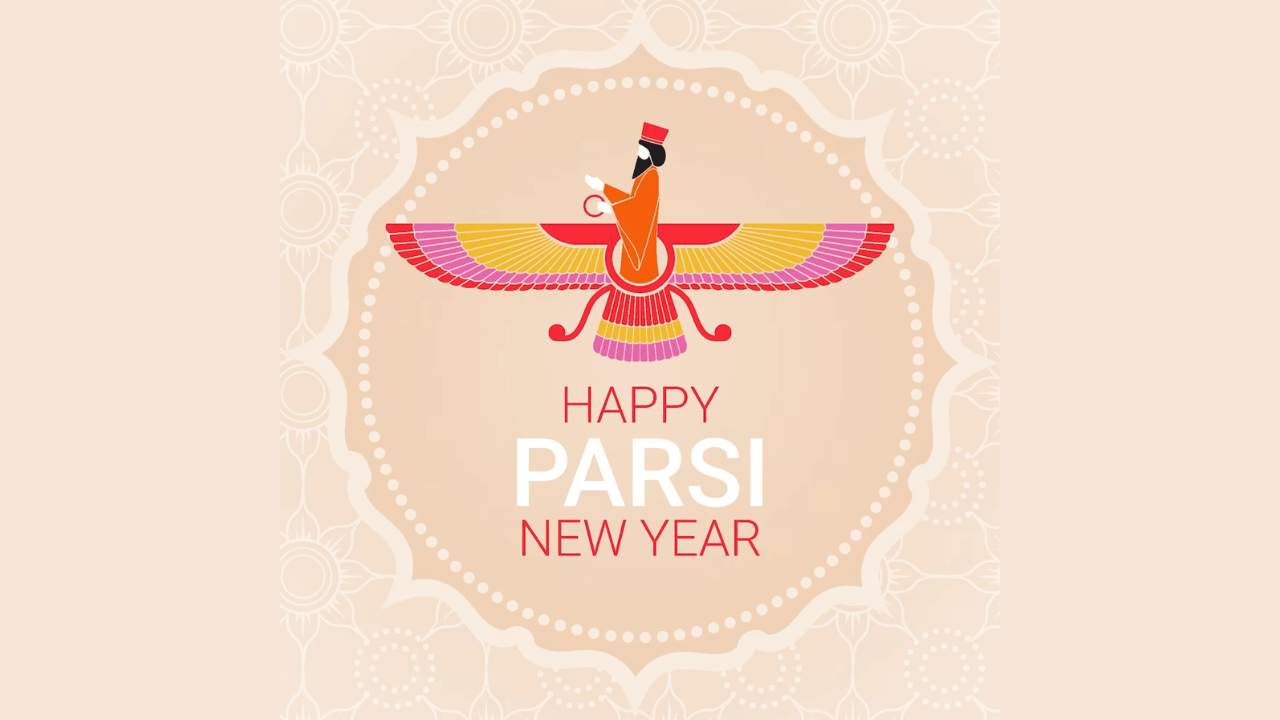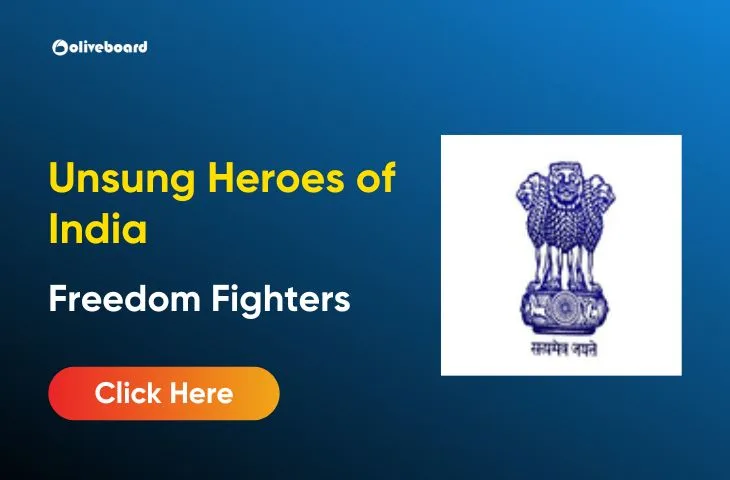Happy Navroz 2024
Navroz, also referred to as Nowruz or Parsi New Year, is a significant festival celebrated by the Parsi community, who follow the Zoroastrian faith. It holds great cultural and spiritual importance as it symbolizes the arrival of spring and the rejuvenation of nature. This year it falls on 15th August.
Happy Parsi New Year 2024
The Parsi New Year, or Navroz, is observed between July and August. In the Persian language, “Nav” signifies “new,” and “Roz” translates to “day,” combining to convey the meaning of “new day.” This year, the Parsi New Year is set to be celebrated in India on August 16th. It is a time of joy, festivity, and renewal for the Parsi people, who engage in various traditional customs and celebrations to mark the occasion.
History of Navroz or Parsi New Year
The festival of Navroz, also known as Jamshed-i-Navroz or Jamshed-i-Nouroz, derives its name from the legendary Persian king, Jamshed. King Jamshed is credited with creating the Persian calendar, known as the Shahenshahi calendar. According to a captivating legend, Jamshed played a crucial role in saving the world from an impending catastrophe in the form of an all-encompassing winter that would have brought destruction to all life.
In this legendary account, King Jamshed employed a remarkable throne adorned with precious gems. He ascended to the heavens, carried by powerful demons, where he radiated a brilliance even surpassing that of the sun. This extraordinary event heralded the birth of a new day, which came to be known as Navroz. The Parsi community, adherents of the Zoroastrian faith, observe Navroz as a way to honor their New Year.
Celebrations of Nawroz 2024
This time-honored tradition of celebrating the Parsi New Year has deep roots, extending back nearly 3,000 years. It originated with the Iranians and Zoroastrians, marking the commencement of the Iranian calendar. Even today, the Parsi community around the world commemorates Navroz with splendid and joyous festivities, upholding this cherished tradition that connects them to their rich cultural heritage.
The term ‘Pateti’ finds its origins in the word ‘patet,’ which signifies repentance. The Pateti festival is observed a day before Navroz and holds special significance as a moment for introspection, where individuals reflect on their past actions, seek forgiveness for their wrongdoings, and release any lingering regrets. This symbolic act enables them to embrace the forthcoming new year with a sense of renewal, fresh aspirations, and a clean slate.
Why Navroz is celebrated twice a year
Navroz is celebrated twice a year because two different calendars are used to calculate the date of Navroz.
The first calendar is the solar Hijri calendar, which is used by Iran and some other countries in the Middle East. The solar Hijri calendar is based on the solar year, which is the time it takes the Earth to orbit the Sun.
The second calendar is the Shahenshahi calendar, which is used by some Parsis in India. The Shahenshahi calendar is based on the Zoroastrian calendar, which is also based on the solar year but it does not account for leap years, meaning this holiday has now moved by 200 days from its original day of the vernal equinox.
Significance of Navroz
Navroz, also known as the Persian New Year, is a very significant holiday for many people in the world. It is celebrated on the first day of spring, which is usually around March 21. Navroz is a time for new beginnings, renewal, and hope. It is a time for families and friends to come together and celebrate the coming of spring.
- New beginnings: Navroz is a time for new beginnings. It is a time to leave the past behind and start fresh. It is a time to set new goals and make new resolutions.
- Renewal: Navroz is also a time for renewal. It is a time to rejuvenate and refresh oneself. It is a time to reconnect with nature and with the divine.
- Hope: Navroz is a time of hope. It is a time to look forward to the future with optimism. It is a time to believe in better things to come.
- Unity: Navroz is a time for unity. It is a time to come together as a community and celebrate our common humanity. It is a time to forget our differences and focus on what unites us.
- Culture: Navroz is also a time to celebrate culture. It is a time to share our traditions and customs with others. It is a time to learn about other cultures and to appreciate their diversity.
Navroz is a beautiful and festive holiday that is celebrated by people all over the world. It is a time for new beginnings, renewal, hope, unity, and culture.
15th August 2024 Special Day
15th August carries special cultural meaning as Parsis commemorate Navroz, bringing in the Zoroastrian New Year, in 2024. Coinciding distinctively with India’s Independence Day celebrations annually, this spring festival marks renewed optimism and the dawn of prosperity for the community. The opportune timing provides a reflective moment to realign with roots while enriching cross-cultural bonds between compatriots. As Parsis decorate their homes in colors of renewal, feast on sweet and salty dishes, and visit Fire Temples on this particular 2024 date, the message resonates clearly – Navroz spreads cheer and brings people together.
- Weekly Current Affairs 2025 PDF For Bank, SSC, UPSC Exams
- Unsung Heroes of India: 10 Unknown Freedom Fighters You Should Know
- 26 December Current Affairs 2023 in English
- Daily Current Affairs 2025, Check Today’s Current Affairs
- April Month Current Affairs 2024, Download PDF
- June Month Current Affairs 2024, Download PDF

Hello, I’m Aditi, the creative mind behind the words at Oliveboard. As a content writer specializing in state-level exams, my mission is to unravel the complexities of exam information, ensuring aspiring candidates find clarity and confidence. Having walked the path of an aspirant myself, I bring a unique perspective to my work, crafting accessible content on Exam Notifications, Admit Cards, and Results.
At Oliveboard, I play a crucial role in empowering candidates throughout their exam journey. My dedication lies in making the seemingly daunting process not only understandable but also rewarding. Join me as I break down barriers in exam preparation, providing timely insights and valuable resources. Let’s navigate the path to success together, one well-informed step at a time.






